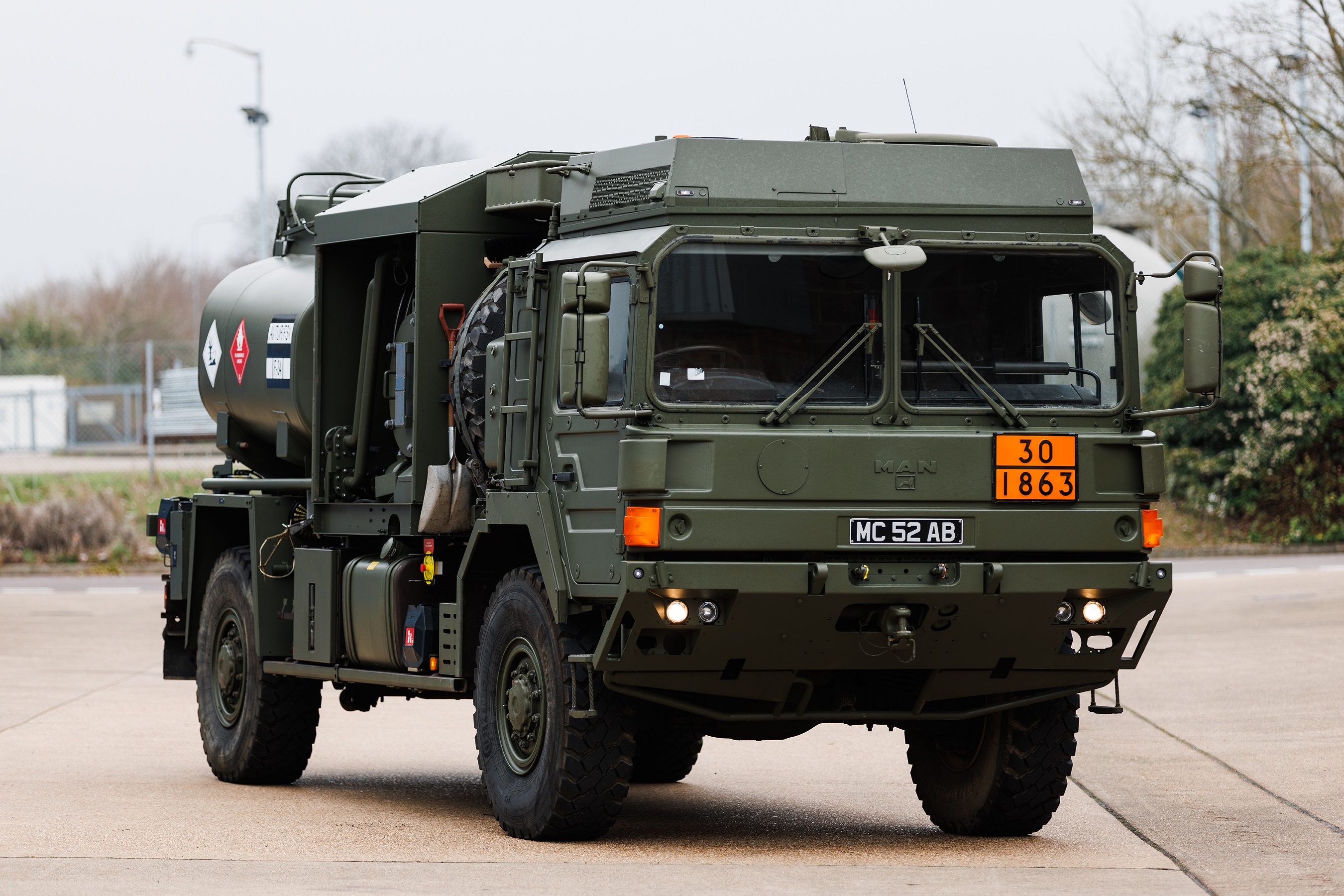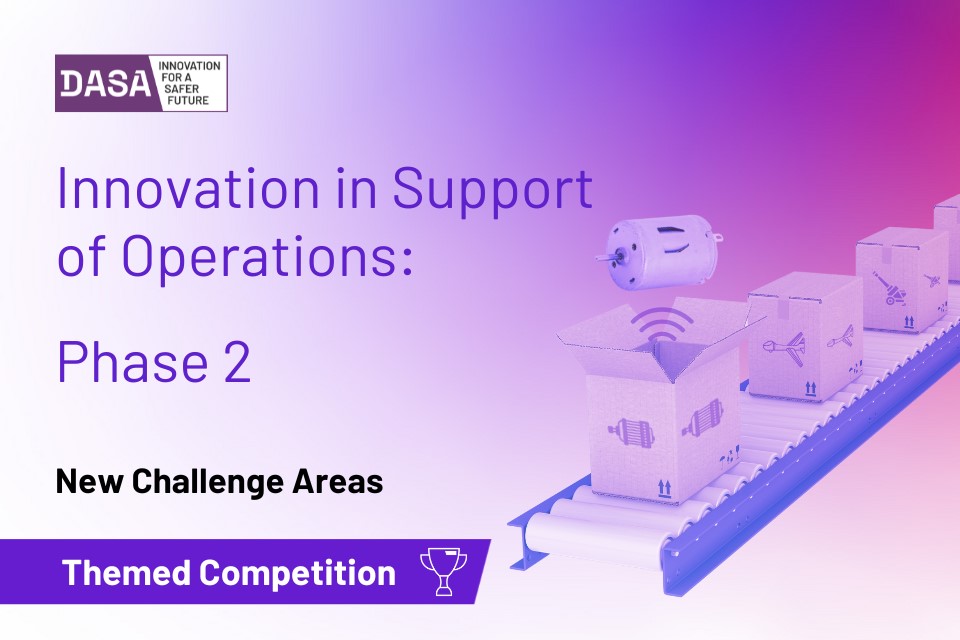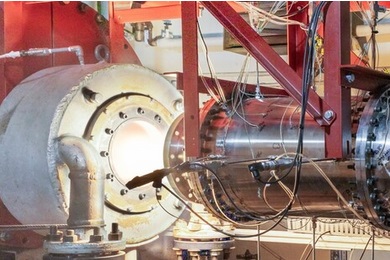UK Armed Forces' aircraft refuellers upgraded

Image courtesy DE&S
The 5,000l-capacity Small Capacity Aircraft Refuellers (SCARs), which will supply the bulk of the fuel for RAF, Royal Navy and British Army helicopters, including Chinook, Merlin and Apache Mk1, have reached Initial Operating Capability (IOC).
In total 90 SCARs will be delivered through the Small Capacity Aircraft Refueller Life Extension Project (SCAR LEP) with improved deployability, availability and flexibility.
This is in addition to a similar improvement and refurbishment project for Large Capacity Aircraft Refueller (LCAR) vehicles announced last this year.
In total the LEP for both SCAR and LCAR will cost around £50 million.
The SCAR project is a collaboration between Defence Equipment and Support, the RAF and an industry consortium led by Terberg DTS UK with Full Operating Capability expected by 2025.
Air Commodore Simon Young, DE&S’ Head of Air Systems, Equipment & Training, went to Terberg’s facility in Halifax to meet key people involved in the work done so far.
Air Cdre Young said: “The Small Capacity Aircraft Refuellers are vitally important to UK military aircraft capability, supporting operational and training outputs.
“Complementing upgrades to the Large Capacity Aircraft Refueller fleet, these upgrades will ensure SCARs remain able to support UK Armed Forces for up to 15 years.”
Not only do the upgrades extend the life of these vehicles and the support they provide, they also deliver a more operationally capable vehicle because the SCAR can operate on public roads.
The Life Extension Project (LEP) replaces the current SCAR variants with a single 5,000l SCAR type that will sustain air operations in the United Kingdom and overseas, as the SCAR is also air deployable.
The SCARs can both transfer aviation fuel from permanent or temporary base storage facilities into military or civilian aircraft and de-fuel aircraft before transferring that fuel to storage.
Alisdair Couper, Managing Director from Terberg DTS, said: “These types of contracts are innovative for the MOD but also demonstrate the ability of industry and Defence Equipment and Support to come together to solve problems and deliver an in service capability of which everyone should feel proud.”
Air Cdre Young added: “Refurbished vehicles are now being returned to front-line units across the globe and put to work supporting essential operational activity.
“I would like to thank all those involved in the project for their fantastic contributions in getting us to this point despite some of the significant challenges of the last three years. This project is a great example of collaborative working across Defence and with our industry partners.”












